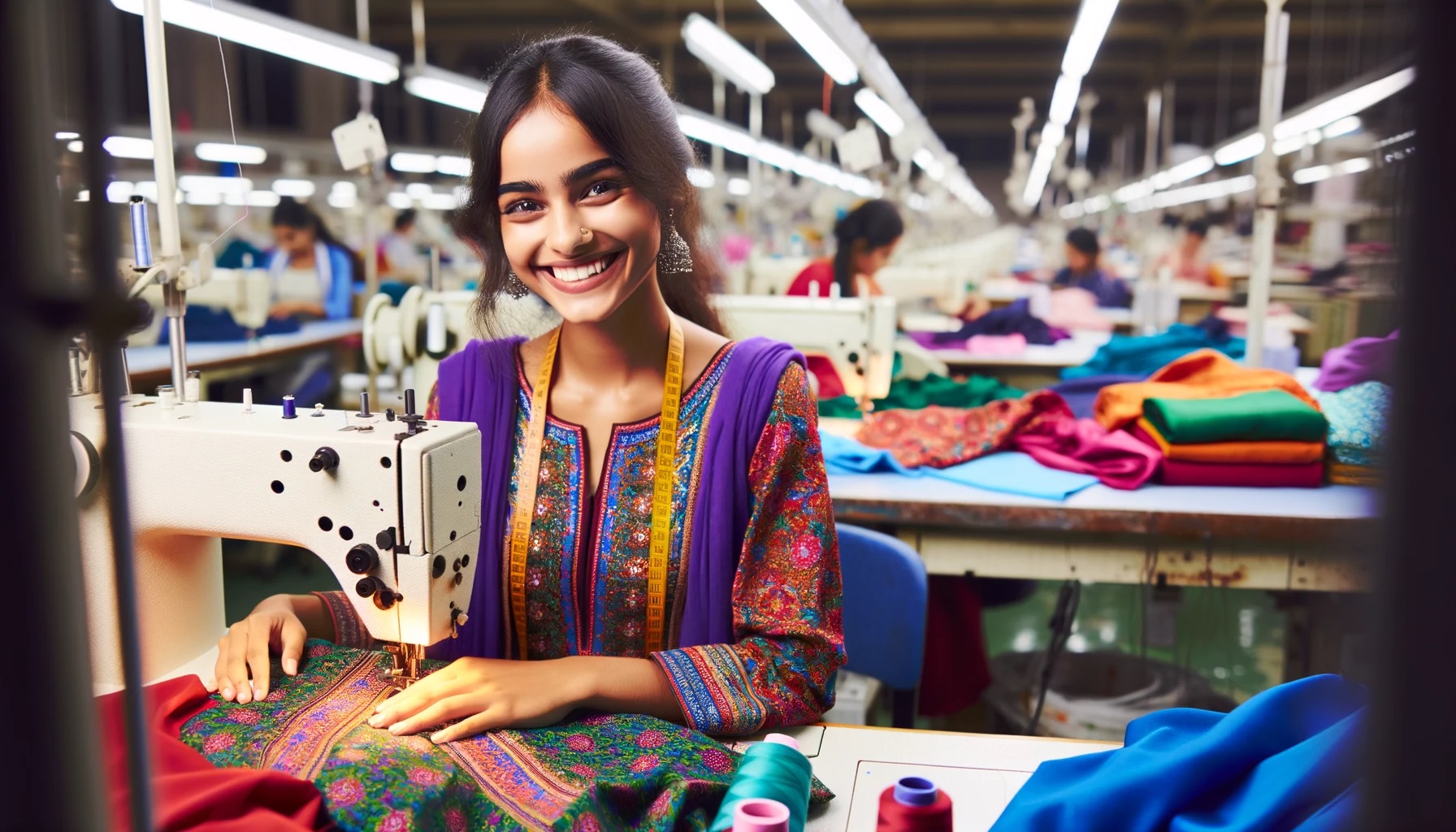The textile industry is witnessing a paradigm shift towards social responsibility, and blockchain technology is playing a pivotal role in this transformation. As regulatory frameworks around the globe tighten, with examples like the Norwegian Transparency Act and the Corporate Governance Improvement and Investor Protection Act in the U.S., companies are increasingly held accountable for their social and governance performance. This shift is not just legislative; consumer demand for transparent and ethical production is also on the rise, creating a dual pressure for companies to adapt. Here’s how blockchain in textile industry is bringing social change.
PaperTale: A Beacon of Innovation
PaperTale, a Sweden-based technology company, is at the forefront of leveraging blockchain for social change. They utilize blockchain to create digital duplicates, or “digital twins,” for materials, ensuring a transparent record of their journey through the supply chain. This approach not only enhances material tracking but also significantly increases data reliability since all transactions are validated by a community, making data manipulation nearly impossible.
Beyond Material Tracking
What sets PaperTale apart is their focus on the social impact of production. Integrating blockchain with enterprise systems, they map out factory workforces and verify workers’ wages, providing transparency and authenticity in wage payments. Moreover, PaperTale’s system includes innovative approaches like profit-sharing mechanisms, which distribute a portion of net profits among factory employees, reflecting their collective effort and dedication.
Worker Empowerment Through Technology
PaperTale’s application facilitates workers to view and verify their contracts and salaries, directly connecting them to the system. This method empowers workers and breaks the cycle of unrealistic demands on suppliers, fostering a trust-based relationship between suppliers, brands, consumers, and shareholders. Despite not fully replacing audits, PaperTale’s system complements them, integrating conventional methods with innovative solutions for a robust governance system.
On-Ground Impact and Future Vision
The successful implementation of PaperTale’s technology at the Outso Wearables factory in Lahore, Pakistan, exemplifies its effectiveness. The factory saw significant improvements in worker satisfaction and work quality post-implementation. PaperTale is committed to unlocking the full potential of blockchain, moving beyond mere certification to include real-time environmental and social data, thus addressing techwashing concerns and aiming for a future where ethical practices are inherent in business operations.
In conclusion, blockchain technology, as adeptly used by PaperTale, is revolutionizing the textile industry. It is not just enhancing material traceability but also profoundly impacting social governance, ensuring workers’ rights, and building a future where ethical and sustainable practices are fundamental to business success.



